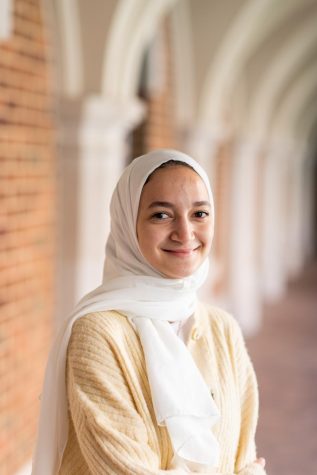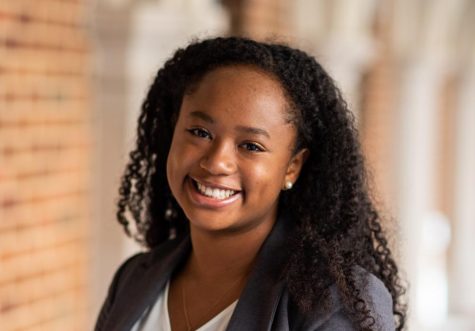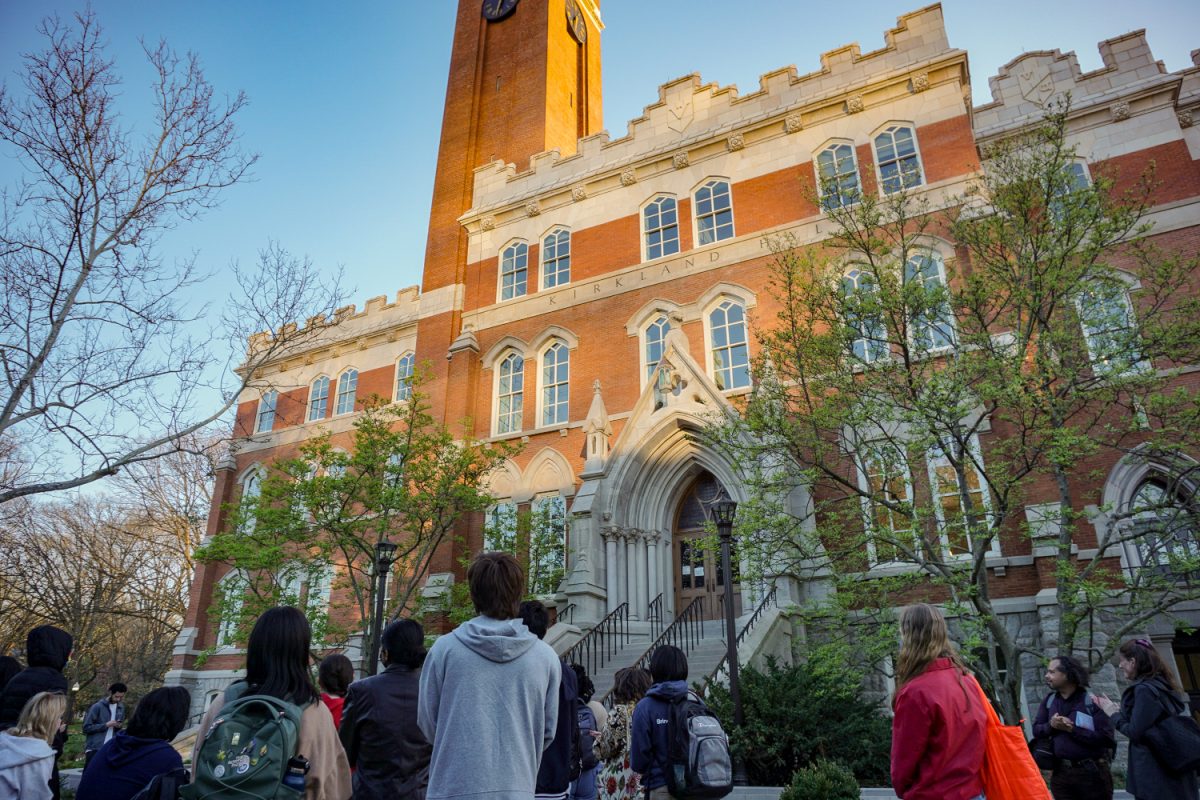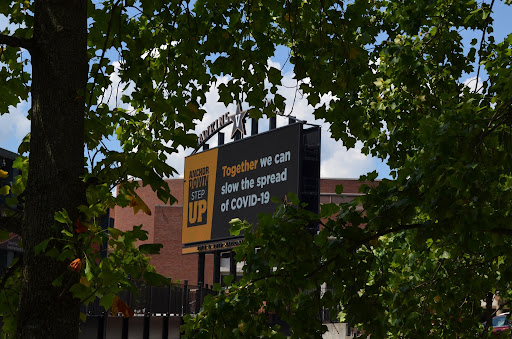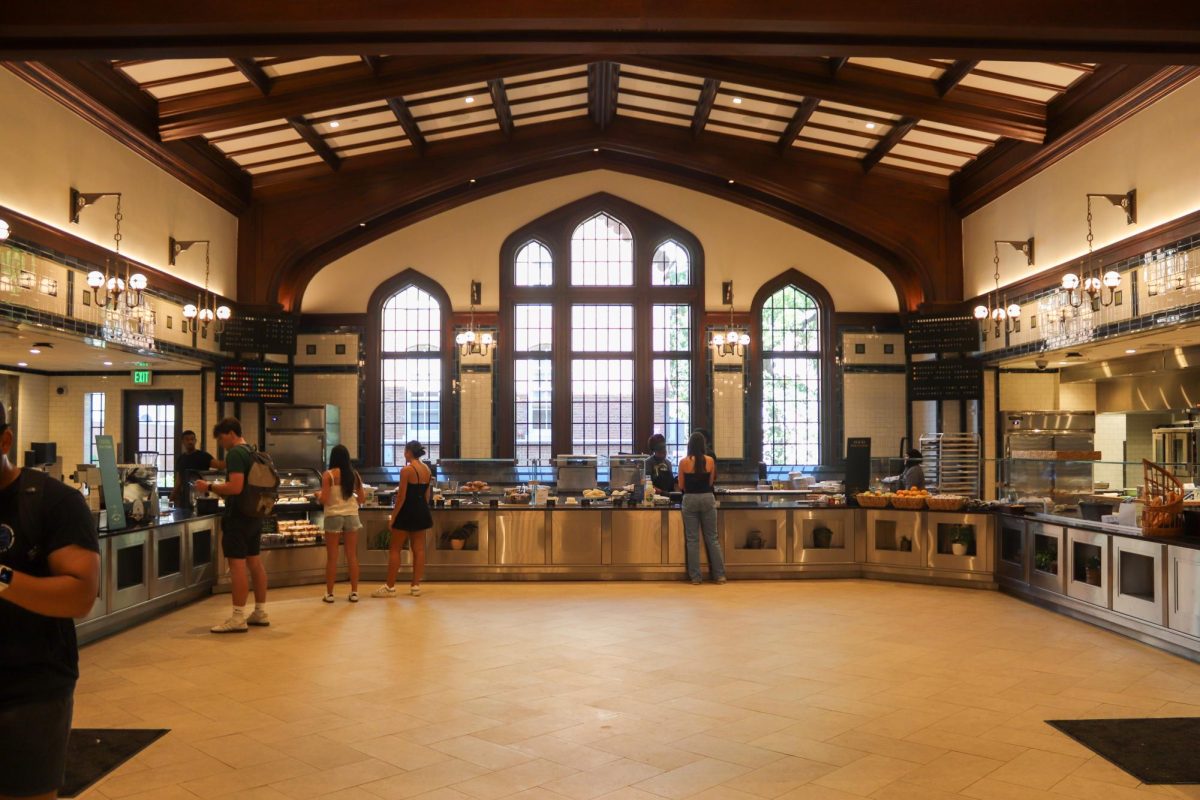On Sept. 13, the Fall Undergraduate Students and Families Town Hall took place virtually to discuss COVID-19 protocols, Campus Dining and student support services. According to Provost and Vice Chancellor for Academic Affairs C. Cybele Raver, approximately 700 people registered for the event.
COVID-19 protocols
Raver began the event by acknowledging the still-present effect of COVID-19 on Vanderbilt’s campus, despite the community being “in a better place” than last year. She reported that over 96 percent of the Vanderbilt community is fully vaccinated, making it one of the “safest” places to be in Middle Tennessee.
Pam Jones, senior associate dean for clinical & community partnerships, spoke about COVID-19 case numbers and trends on campus. She said cases are currently rising on campus, but this trend was “expected.”
“Caseload is increasing but continues to be manageable in terms of isolation and quarantine housing and command center/contact tracing,” a graphic on the screen during her presentation read.
Jones further explained that Vanderbilt administration is working to be “nimble” as cases arise, and has therefore implemented new safety measures such as de-densifying dining areas and adding outdoor furniture and tents to minimize crowding indoors.
Dean of Students G.L. Black was asked about student support available to those in quarantine. He explained that students required to isolate are transported to and from quarantine housing, where they receive wellness checks every day or every other day via a phone call from nurses or contacts from the Student Health Center. Black also stated that Student Care Coordinators are available for students who require extra support.
Jones said that Vanderbilt will work with Vanderbilt University Medical Center (VUMC) to distribute booster vaccines “when the time comes,” highlighting VUMC’s “high capacity” for administering vaccines.
Campus Dining
Executive Director of Business Services David ter Kuile responded to concerns about Campus Dining, particularly citing low staff numbers and “time-consuming” background checks as the cause of many of the issues. He said that since May 2021, Vanderbilt Human Resources has hosted biweekly hiring events and monthly employment fairs in an effort to increase staff numbers.
ter Kuile also mentioned ongoing negotiations with the Vanderbilt Works Union and said a new contract is expected to be put in effect in November 2021. He implied that dining wages would be raised to make Vanderbilt more competitive with other businesses. In the meantime, Vanderbilt offers a $500 signing bonus, $500 retention bonus and a weekly bonus for its employees, based on the number of hours logged per week. He stated that a return to normal dining operations would be dictated by Vanderbilt’s ability to staff the dining halls adequately.
According to ter Kuile, the current “streamlined” menu and services, on-campus food trucks and modified dining hours are attempts to maximize the dining experience and limit waiting times. ter Kuile also announced that Munchie Marts will offer RX, Clif and Kind Bars and that chips will be available as a side starting Sept. 15. He said that Vanderbilt plans to collaborate with local Nashville restaurants to add items from their menus to the dining halls.
ter Kuile shared information gathered from Campus Dining studies in which random students were timed from when they entered a dining line to when they checked out. He said these experiments showed that the lines at dining halls take about ten to 15 minutes to check out. ter Kuile specifically mentioned how lines may seem exceptionally long for first-years and sophomores due to not experienced in-person dining before.
“Lines have always been in our dining operations,” ter Kuile said. “Long lines are daunting, but it won’t take you 45 to 60 minutes.”
Student support services
Lisa Clapper, student care manager and director, spoke about the variety of programs offered by the University Counseling Center (UCC), including medication management, one-on-one therapy and drop-in consultations in response to concerns about student wellbeing. She added that the Center for Student Wellbeing provides one-on-one coaching for stress management and mindfulness. Lastly, Clapper named some of the self-directed opportunities sponsored by the UCC such as free Headspace memberships for students and free telehealth apps with access to therapists and counselors.
“We have staff and faculty that are actively looking out for our student body,” Clapper said. “Our community of care is robust.”
Clapper also encouraged students to practice a number of self-help behaviors, including healthy eating, maintaining a sleep schedule and exercising.
Black spoke about supporting students to find connections within and beyond campus to heighten their Vanderbilt experience. He highlighted the Sept. 14 Inaugural Service Fair, where students discovered service and volunteer opportunities.
Anita Wager, associate dean for undergraduate academic affairs at Peabody College, spoke about how classroom and teaching options have evolved and become more accessible this fall. Wager said faculty and staff have been given better technical assistance and resources this year. She also stated that students now have more ways to access classroom information.
“We all just got savvier,” Wager said.
In response to students concerned about missing class due to being in quarantine, Raver said they should first email their professors. She listed potential avenues through which students could receive information presented in class, such as notes posted online, additional readings, recorded lectures and online meetings with professors and students.
“There is no one-size-fits-all [solution] that faculty can use,” Raver said.




